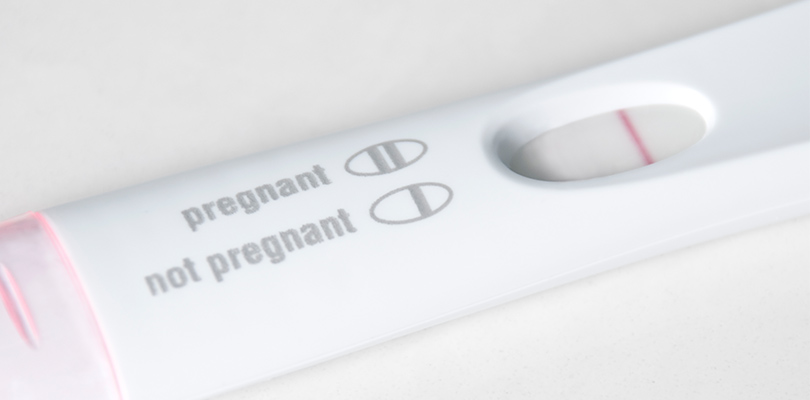The Struggle of Losing Weight
Losing weight isn’t easy. It can take a lot of time, work, and money in some cases. In recent years, there have been new developments for treating obesity and some of these new developments include weight loss injections.
What Are Weight Loss Injections?
Weight loss injections are different types of medicines or treatments that are used to help promote weight loss amongst those who are obese or those whose health is at risk due to their weight.
They can range from botulinum toxin A injections (botox), to lipotropic injections, to prescription drugs like Saxenda. While they have the same goal, they tend to work fairly differently.
Using Saxenda to Lose Weight
According to WebMD, “Saxenda is a higher dose of the type 2 diabetes drug Victoza. It mimics an intestinal hormone that tells the brain your stomach is full.” It can be administered through a daily injection just like Victoza.
It’s generally used for people with a Body Mass Index of 30 and above. However, it may be prescribed to individuals with a BMI above 28 if there are other related health conditions that are present.
The medication works by mimicking hormones in your brain that tell you when you’re full, so your appetite is satiated sooner. The results from this medicine are fairly promising as well.
"Clinical trials show that [more than] 60% of patients getting a daily 3-milligram injection lost at least 5% of their weight and 31% lost more than 10%," the medical director of The Obesity Program at Joslin Diabetes Center, Osama Hamdy, MD, Ph.D., told WebMD. The FDA said that 34% of the placebo group lost 5% of their weight in comparison.
Botox Injections and Weight Loss
Botox injections are believed to lower the threshold to be considered “full,” which is intended to help weight loss. The information seems to be contested with some studies saying it’s successful in the short term, but other studies don’t consider it a viable, long term weight loss condition because many either saw minimal results, regained the weight, or gained more weight than they did before within 3-6 months after the treatment.
Lipotropic Injections
Lipotropic injections are currently a very contested topic in the medical community. Lipotropic injections tend to be mainly filled with vitamins and other ingredients. Also, they often tend to be used in places where a certified medical professional isn’t administering them.
Muscle relaxants are a common prescription for back and neck pain. They can target affected areas, and alleviate cramps and spasms.
This often means that the procedure is fairly unregulated and could result in other health hazards if it’s not handled properly.
It’s recommended to take this method with a grain of salt. The evidence is inconclusive at best, and often much of the progress with the weight loss may be attributed to the lifestyle changes people tend to make in conjunction with the injections. Mayo Clinic doesn’t believe these shots are very effective because the vitamin injection doesn’t boost your metabolism as much as it is purported to do so.
In regards to botox, some studies have shown that there are instances where it helps satiate hunger; however, whether or not it achieves any sustainable weight loss is something that is highly contested currently. When in doubt, visit your medical doctor. They’ll be able to provide you with options backed by clinical trials.
Are There Safety Concerns With Weight Loss Injections?
Like any medication or medical procedure, there can be a slight chance of experiencing some side effects with weight loss injections. Your doctor will be able to cover these potential concerns based on the procedure that you both decide to go through with. The side effects tend to depend on the type of injection/the medication being used.
Lipotropic injections have most of their vitamin content exit the body via urine. However, there can be ingredients in the injection that may cause other side effects. Some of these common ingredients include medications like phentermine. Side effects from a medication like this may include anxiety, constipation, diarrhea, dry mouth, fatigue, increased heart rate, insomnia, or numbness in your hands and/or feet.
If you experience any of these symptoms, it’s important to inform your doctor.
Botox injections have their own potential side effects as well. Some patients
experience swelling in the area of the injections, pain, nausea, and/or indigestion. These potential side effects and the inconclusive opinion regarding their efficiency in the medical community are things you should keep in mind if you’re considering this as an option.
The Medications Will Not Work By Themselves
Any good medical practitioner will tell you that these medications must be coupled with proper diet and exercise if they are to work properly. It’s important that you develop a consistent, healthy, and fulfilling exercise and meal plan with guidance from your doctor.
However, some of these new options are promising, and a visit with your doctor may help you decide what the best avenue for weight loss is for you.







